An Energy Transition for the EU Fishing Sector: One That Protects the Environment and is Socially Just


Our Vision for Decarbonisation
We have a vision for a decarbonisation of the fisheries sector that progressively leads to a greenhouse gas-neutral fisheries using less energy-intensive gears and less destructive gears.
Decarbonisation will go hand in hand with a transition towards low impact fisheries, allowing the ocean and fish to play their role as climate regular and natural carbon sinks. Coastal communities will thrive thanks to their activity as fishers but also thanks to the beauty of the marine environment they will feel responsible to protect and honour. Consumers will have learned to eat less but more seasonal fish that has been sustainably fished in EU waters. We encourage the European Commission and Member States to take a step-by-step approach for a decarbonisation roadmap.
In the first period all available measures to reduce fuel consumption should be implemented as they can also easily be financed through the EMFAF. A shift towards low impact fishing should be encouraged by any means in this first phase. While technological innovation is advancing, decarbonisation can move forward towards alternative fuels. These options should be strongly assessed in the light of environmental, social and safety impacts.
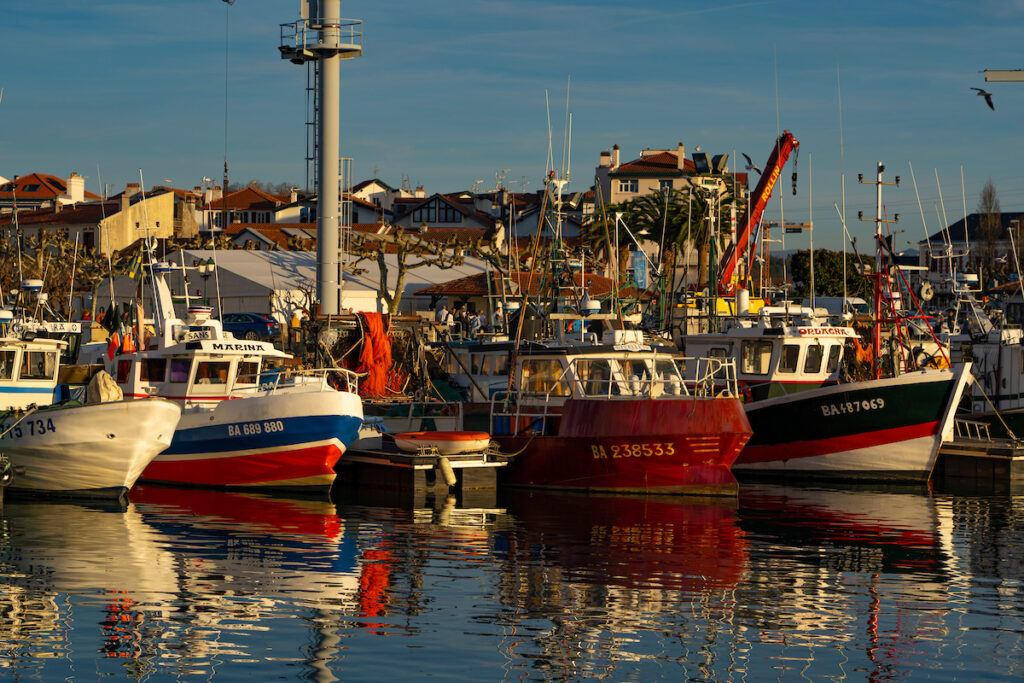
Press, Events and News
Latest
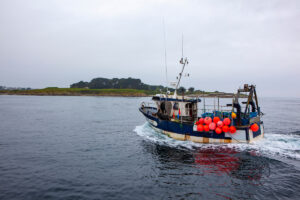
Commission Must Deliver EU Fisheries Energy Transition Roadmap Before Year End – NGOs, Artisanal Fishers & Scientists say
The European Commission must stick to its commitment to deliver a roadmap for the energy transition of the EU fisheries sector before the end of the year, said scientists, a former Member of the European Parliament, NGOs and artisanal fishers today, during a Brussels Ocean Week event Driving the energy transition and climate resilience in EU fisheries.
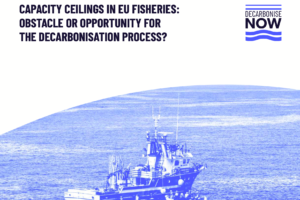
Report: Capacity Ceilings in EU Fisheries: Obstacle or Opportunity for the Decarbonisation Process?
This report examines the extent to which existing capacity caps for the EU Fishing fleet affect decarbonization efforts. The analysis reveals that many Member States have not yet reached their capacity ceilings, and there are pathways for hybrid or full decarbonization that align with current regulations.
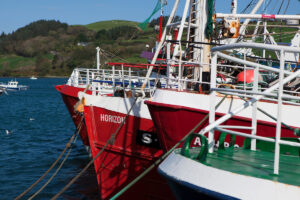
In-person Ocean Week Event: Driving the energy transition and climate resilience in EU fisheries
The energy transition in the fisheries sector is not just about reducing emissions and fighting climate change—it’s about ensuring the sector remains competitive on the global stage and stays resilient in the long-term.
Publications
Infographics and Reports

Report: Capacity Ceilings in EU Fisheries: Obstacle or Opportunity for the Decarbonisation Process?
This report examines the extent to which existing capacity caps for the EU Fishing fleet affect decarbonization efforts. The analysis reveals that many Member States have not yet reached their capacity ceilings, and there are pathways for hybrid or full decarbonization that align with current regulations.
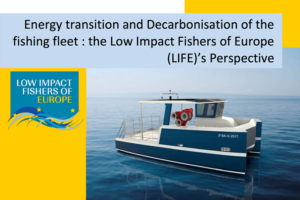
Energy transition and Decarbonisation of the fishing fleet: the Low Impact Fishers of Europe (LIFE)’s Perspective
Shifting from fossil fuel dependency to a zero carbon economy is as imperative for fisheries as it is for other production sectors. Decarbonisation must also be coherent with the other processes affecting the fisheries sector, and in line with fishery management objectives. Decarbonisation must not be pursued at the expense of biodiversity conservation, nature restoration, and the transition towards a fair and sustainable food system. On the other hand, if the vision of the fisheries of the future is well framed and the energy transition is well aligned with the CFP objectives to end overfishing, conserve and restore the marine environment, and is consistent with the objectives of achieving economic, social and employment benefits, it could provide a great opportunity to revitalise the small-scale low impact fishing sector, and give them prospects of future.
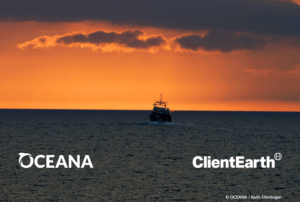
Carbon-friendly & economically resilient EU fisheries
The European Commission launched in February 2023 an Action plan for the Energy Transition of the EU Fisheries sector. Our policy briefing highlights our recommendations for this crucial process of decarbonization which is part of the broader effort to achieve climate change objectives set in the European Green Deal and the European climate law.
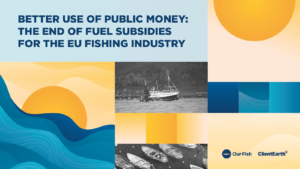
Report: Better Use of Public Money: the End of Fuel Subsidies for the EU Fishing Industry
The EU fishing fleet is exempted from paying fuel taxes; these fuel-tax exemptions are indirect capacity-enhancing subsidies. High fuel prices and taxation can incentivise faster decarbonisation of industries, hence such indirect subsidies stand in the way of a more environmentally friendly EU fishing fleet.

